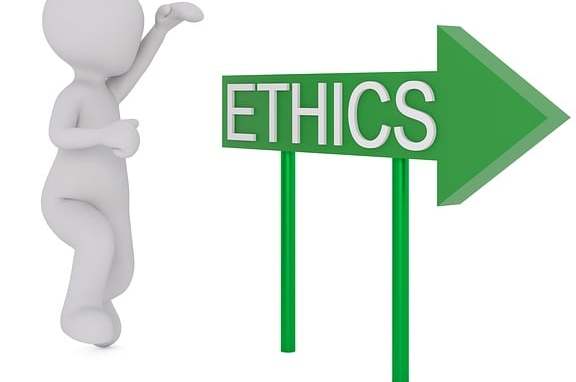How to Be Polite: Politeness, a straightforward element of human interplay, fosters acceptable relationships and grows a harmonious society. In essence, being polite includes more than just uttering courteous phrases; it is a mirrored image of our recognition, empathy, and consideration for others.
In This Article
The strength of phrases: Be Polite

Selecting the correct phrases is essential to expressing Politeness. Polite language is not simply a hard and fast of terms; it’s a way of communicating that uplifts and encourages. The effect of polite communique goes past the words themselves; it influences the overall surroundings of a communique.
Respect for Others: Be Polite
Acknowledging and respecting the variations among individuals is a cornerstone of Politeness. Whether or not it is cultural diversity or varying reviews, being polite includes embracing variety with empathy and expertise.
Non-Verbal Cues in Politeness: Be Polite
Politeness extends beyond spoken phrases. Non-verbal cues, including frame language and facial expressions, are critical in conveying courtesy. Preserving eye contact, presenting a proper smile, and using open body language contribute to developing a superb interplay.
Politeness in digital communication: Be Polite
Being well-mannered in a technology ruled by virtual communique extends to emails and social media interactions. Working towards email etiquette and showing courtesy on social media systems contribute to deferential online surroundings.
Politeness in normal conditions
Simple gestures like greetings and expressing gratitude are integral to everyday Politeness. Whether pronouncing “please” and “thanks” or providing a warm greeting, these small acts contribute to a lifestyle of admiration.

Managing Disagreements courteously
Disagreements are inevitable, but dealing with them with courtesy is a skill worth studying. Engaging in optimistic communication, fending off offensive language, and searching for a commonplace floor are critical factors in navigating disagreements politely.
Politeness at the administrative center
Politeness is mainly crucial in an expert putting. Expert courtesy, powerful teamwork, and respectful communication create a high-quality painting environment and contribute to professional success.
Teaching Politeness to youngsters
They are instilling the value of Politeness in kids, which is the foundation for positive social behavior. Children research through example, making it essential for adults to version well-mannered behavior and provide early education on the importance of appreciation.
Cultural Sensitivity in Politeness
Cultural norms vary widely, and being polite requires an understanding and appreciation of those differences. Fending off unintentional misunderstandings and respecting diverse cultural practices contribute to international harmony.
Politeness and private growth
Past its effect on relationships, Politeness performs a role in non-public growth. Building effective relationships and imparting oneself Politeness beautify self-photograph and contribute to average well-being.
Challenges in Being polite
While the benefits of Politeness are severe, challenges may also arise. Overcoming frustration and maintaining consistency in well-mannered behavior, even in difficult situations, is a continual attempt.
Realistic pointers for Being polite
Energetic listening, considerate responses, and actual hobbies in others are practical pointers for cultivating Politeness. Small practices contribute to the improvement of a polite and respectful demeanor.
Well-known prices on Politeness
Drawing suggestions from splendid figures, here are a few insightful prices on the significance of Politeness in human interplay:
• “Politeness is the artwork of selecting among one’s real thoughts.” – Madame de Staël
• “The difference among a a success character and others isn’t a loss of electricity, no longer a lack of awareness, however as a substitute an absence in will.” – Vince Lombardi
Being polite isn’t always merely a social nicety but a powerful device for building exemplary connections, fostering expertise, and creating a harmonious international. Practicing Politeness in online and offline interactions contributes to a more respectful and compassionate society.

FAQs (often asked Questions)
1. Is Politeness the same throughout all cultures?
• Politeness can vary throughout cultures, but the underlying recognition and attention concepts stay well-known.
2. How can I teach my youngsters to be well-mannered?
• Lead through instance, toughen effective behavior, and explain the significance of respect and empathy.
3. What must I do if I encounter impolite behavior at paintings?
• cope with the situation frivolously, speak about your issues, and seek a decision through constructive communication.
4. Can Politeness enhance my non-public and professional life?
• yes, Politeness can decorate relationships, contribute to career achievement, and enhance typical well-being.
5. Is it viable to be too polite?
• While Politeness is typically excellent, excessive Politeness can also be perceived as insincere. Strike a balance that feels actual to you.
Read about: How to Define Yourself : Important guide



